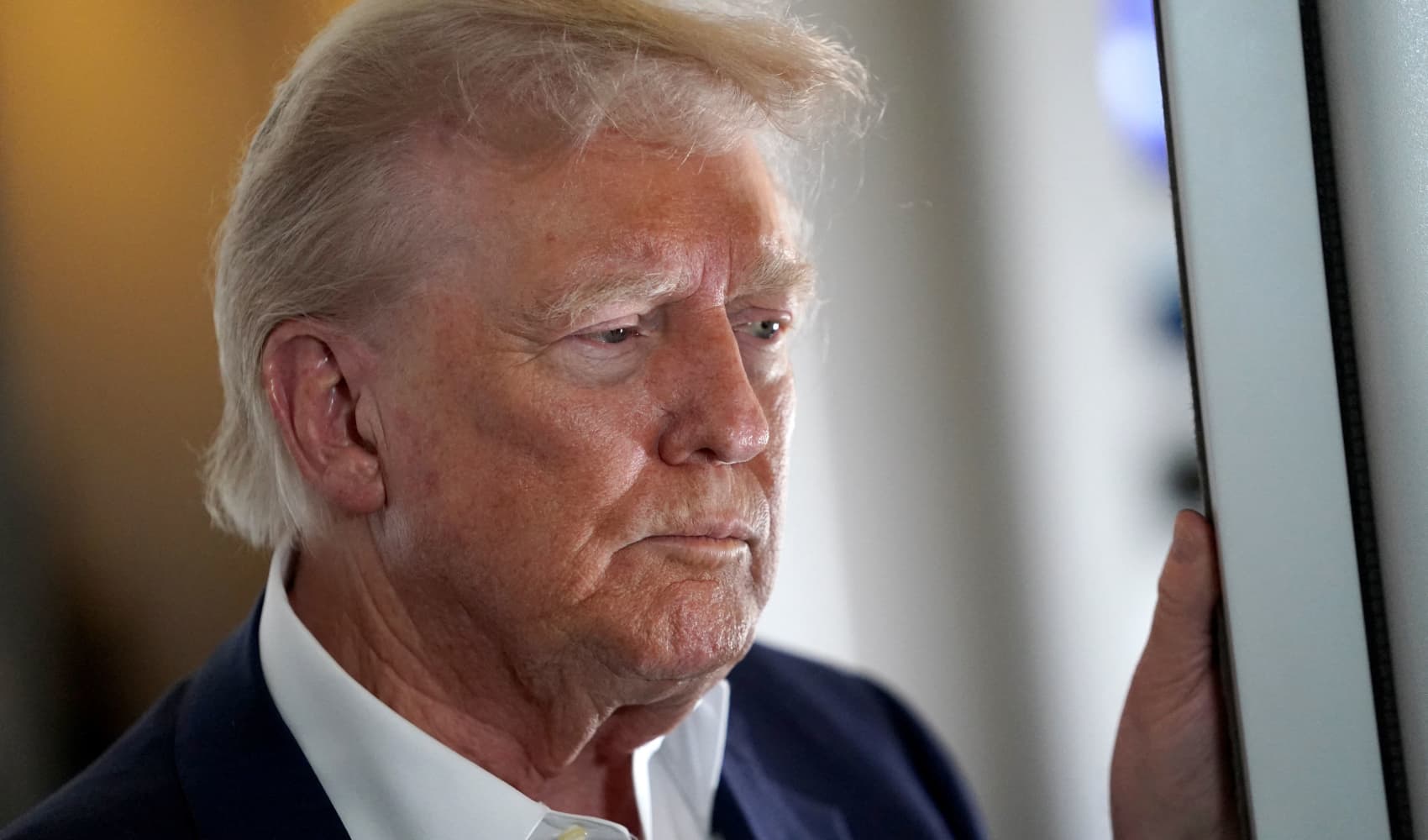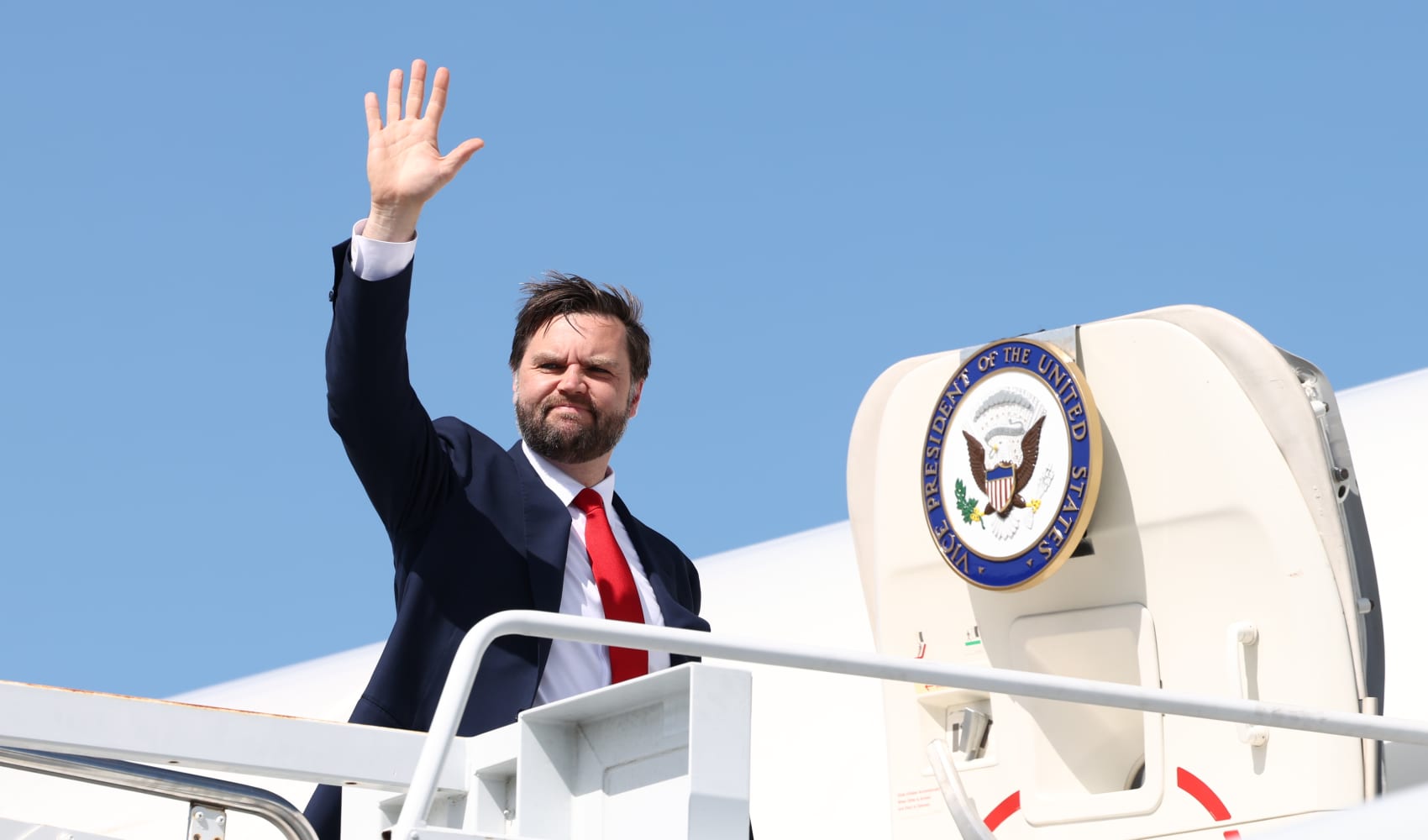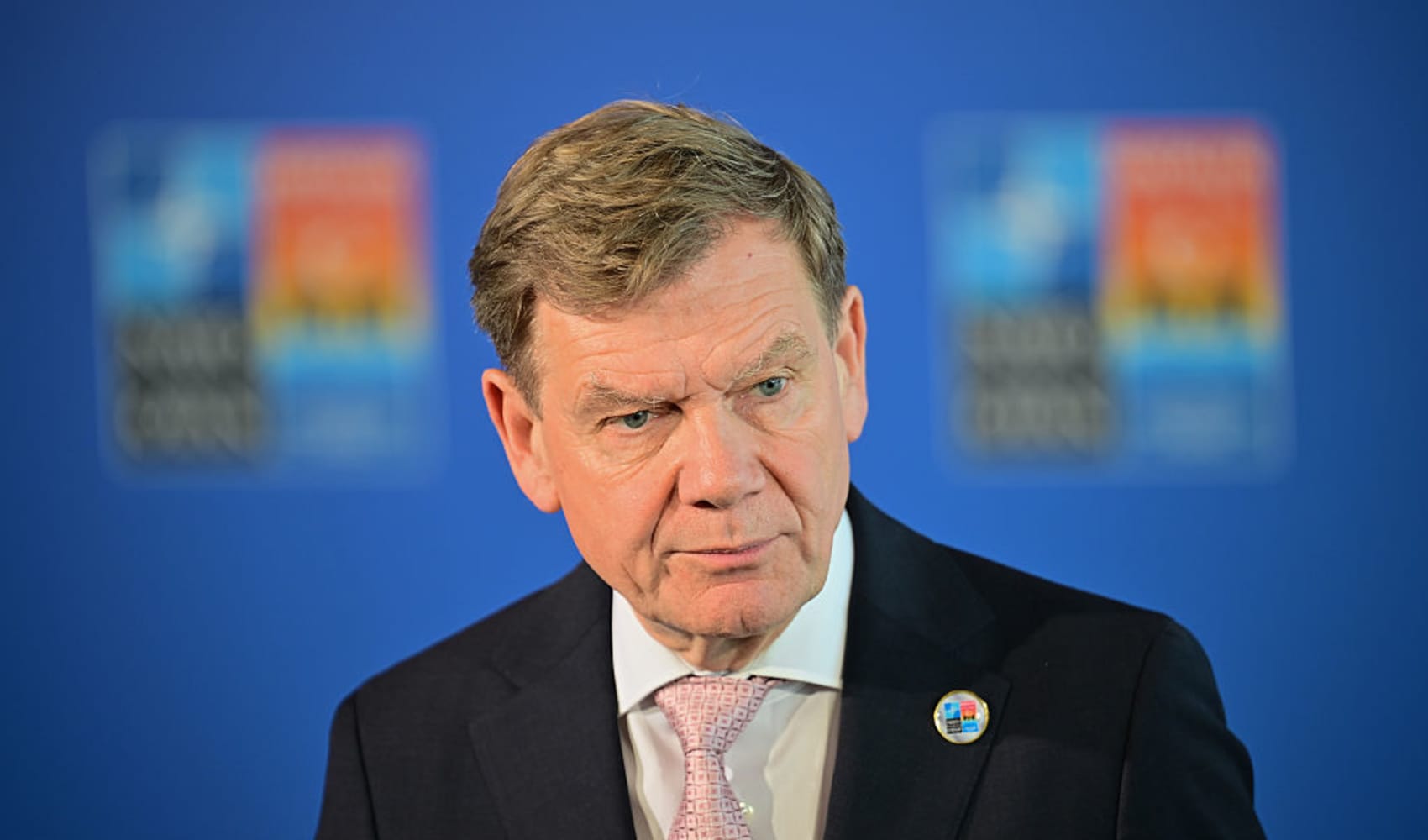Trump's Ukraine Failure: 100 Days, No Peace Deal
Trump's Ukraine 'One-Day' Promise: 100 Days Later, Where's the Deal?
Introduction: From Bold Claim to Harsh Reality
Remember the campaign trail? The promises, the bravado? Donald Trump, with his signature flair, declared he could solve the Russia-Ukraine war in "one day" if elected. Now, 100 days into a hypothetical second Trump presidency, the reality on the ground looks a lot different than that confident prediction. The elusive peace deal, or even a ceasefire, remains just that: elusive. What happened? Did the "dealmaker" meet his match, or was the initial promise just campaign rhetoric?
The Audacious Claim: Trump's "Day One" Promise
Before his (hypothetical) presidential election win last fall, Donald Trump famously boasted that he could end the war between Russia and Ukraine on "day one" of his second term in office. A single day! Imagine that. A stroke of a pen, a firm handshake, and boom, peace restored. Was it hubris? Optimism? Or simply a calculated attempt to capture votes?
100 Days In: The Reality Bites
Reaching a ceasefire agreement during the first 100 days of the second Trump presidency, let alone a peace deal, has arguably proven much harder than the White House leader expected. The stark contrast between promise and performance raises serious questions about the feasibility of Trump's approach and the complexities of international diplomacy. Is peace truly just a matter of strong will and negotiation tactics? Or are there deeper, more intractable issues at play?
The "Joking" Defense: Backpedaling on the Promise
Interestingly, Trump has since rowed back on his initial comment, suggesting he was "joking." Was it really just a jest? A tongue-in-cheek remark intended to energize his base? Or was it a realization that the situation was far more nuanced than he initially portrayed? The ambiguity surrounding this retraction only adds to the confusion.
Is the US Walking Away? A Critical Juncture
U.S. officials say the coming week will be "very critical" for determining whether it remains involved in talks. If the US disengages, what will become of the peace process? Will other nations step up to fill the void? The stakes are undeniably high.
Analyzing Trump's Proposed Approach
While specifics have been vague, Trump's general approach seems to revolve around leveraging American influence to pressure both sides into a deal. But what leverage does he truly have? Economic sanctions? Military aid? The reality is that both Russia and Ukraine have their own strategic objectives and are unlikely to concede easily.
The Geopolitical Chessboard: A Complex Landscape
The Russia-Ukraine war isn't happening in a vacuum. It's a complex geopolitical game with numerous players, each with their own agenda. NATO, the European Union, China, and other nations all have vested interests in the outcome. Can a single individual, no matter how skilled a negotiator, truly untangle such a web?
Russia's Perspective: What Does Putin Want?
Understanding Vladimir Putin's motivations is crucial to any potential peace deal. Does he seek complete control of Ukraine? A buffer zone to protect Russia's borders? Or simply a weakening of NATO's influence in the region? Without a clear understanding of Russia's goals, any negotiations are likely to be futile.
Ukraine's Stand: Defending Their Sovereignty
Ukraine, understandably, is fiercely protective of its sovereignty and territorial integrity. After enduring so much destruction and loss of life, they are unlikely to accept any deal that compromises their independence. Can a compromise be found that respects both Ukrainian sovereignty and Russian security concerns?
The Limitations of "The Art of the Deal": International Diplomacy vs. Real Estate
Trump famously wrote "The Art of the Deal," outlining his approach to business negotiations. But international diplomacy is a far cry from real estate. The stakes are higher, the players are more complex, and the consequences of failure are far more dire. Can the same tactics that worked in the boardroom be applied to the battlefield?
The Role of NATO: A Divided Alliance?
NATO's response to the war has been largely unified, but cracks have started to appear. Some members are more eager to provide military aid than others. Can Trump leverage these divisions to his advantage? Or will he risk further fracturing the alliance?
The Economic Impact: Sanctions and Global Instability
The economic impact of the war has been felt around the world, from rising energy prices to disrupted supply chains. Sanctions against Russia have also had unintended consequences, impacting global trade and investment. Can a peace deal alleviate these economic pressures?
Public Opinion: The Shifting Sands
Public opinion in both the United States and Europe is crucial to sustaining support for Ukraine. As the war drags on, public patience may begin to wear thin. Can Trump rally public support for his peace plan? Or will he face growing pressure to withdraw from the conflict?
The Potential for Escalation: A Dangerous Game
The risk of escalation remains a constant threat. A miscalculation or a provocation could easily lead to a wider conflict, potentially involving nuclear weapons. Can Trump navigate this dangerous landscape without triggering a catastrophe?
Hopes for the Future: A Realistic Outlook
While the prospect of a quick resolution seems increasingly unlikely, hope remains that a lasting peace can eventually be achieved. However, it will require more than just bold promises and negotiation tactics. It will require a deep understanding of the underlying issues, a willingness to compromise, and a commitment to long-term stability in the region.
Conclusion: Beyond the Soundbites, a Complex Reality
Trump's initial promise to end the Ukraine war in 24 hours now appears to be a vast oversimplification of a complex geopolitical challenge. While his negotiation skills are undeniable, the reality on the ground is far more nuanced than a business deal. The first 100 days of a hypothetical second Trump presidency have demonstrated that achieving peace in Ukraine requires more than just bravado; it demands a deep understanding of the region, strategic alliances, and a commitment to long-term stability. The world watches, hoping for a breakthrough, but understanding that the path to peace is paved with far more than just good intentions.
Frequently Asked Questions
- What were the key points of Trump's proposed plan to end the Ukraine war?
While specific details remain scarce, Trump suggested leveraging American influence to pressure both Russia and Ukraine into a negotiated settlement, focusing on a deal that would supposedly benefit both sides.
- Why has it been so difficult to achieve a ceasefire in Ukraine?
The conflict is deeply rooted in historical and geopolitical factors, with both Russia and Ukraine having firmly held objectives. Mistrust between the parties and the involvement of other nations further complicate the negotiation process.
- What role does NATO play in the ongoing conflict and potential peace negotiations?
NATO provides military and financial aid to Ukraine, acting as a deterrent to further Russian aggression. However, internal divisions within the alliance can hinder a unified approach to peace negotiations.
- What are the potential economic consequences of a prolonged war in Ukraine?
A prolonged war could lead to increased global instability, higher energy prices, disrupted supply chains, and a slowdown in global economic growth. Sanctions against Russia also have unintended consequences for other nations.
- What is the most realistic scenario for achieving lasting peace in Ukraine?
A realistic scenario involves a negotiated settlement that addresses the security concerns of both Russia and Ukraine, while also respecting Ukraine's sovereignty and territorial integrity. International guarantees and a long-term commitment to stability in the region would be essential.



